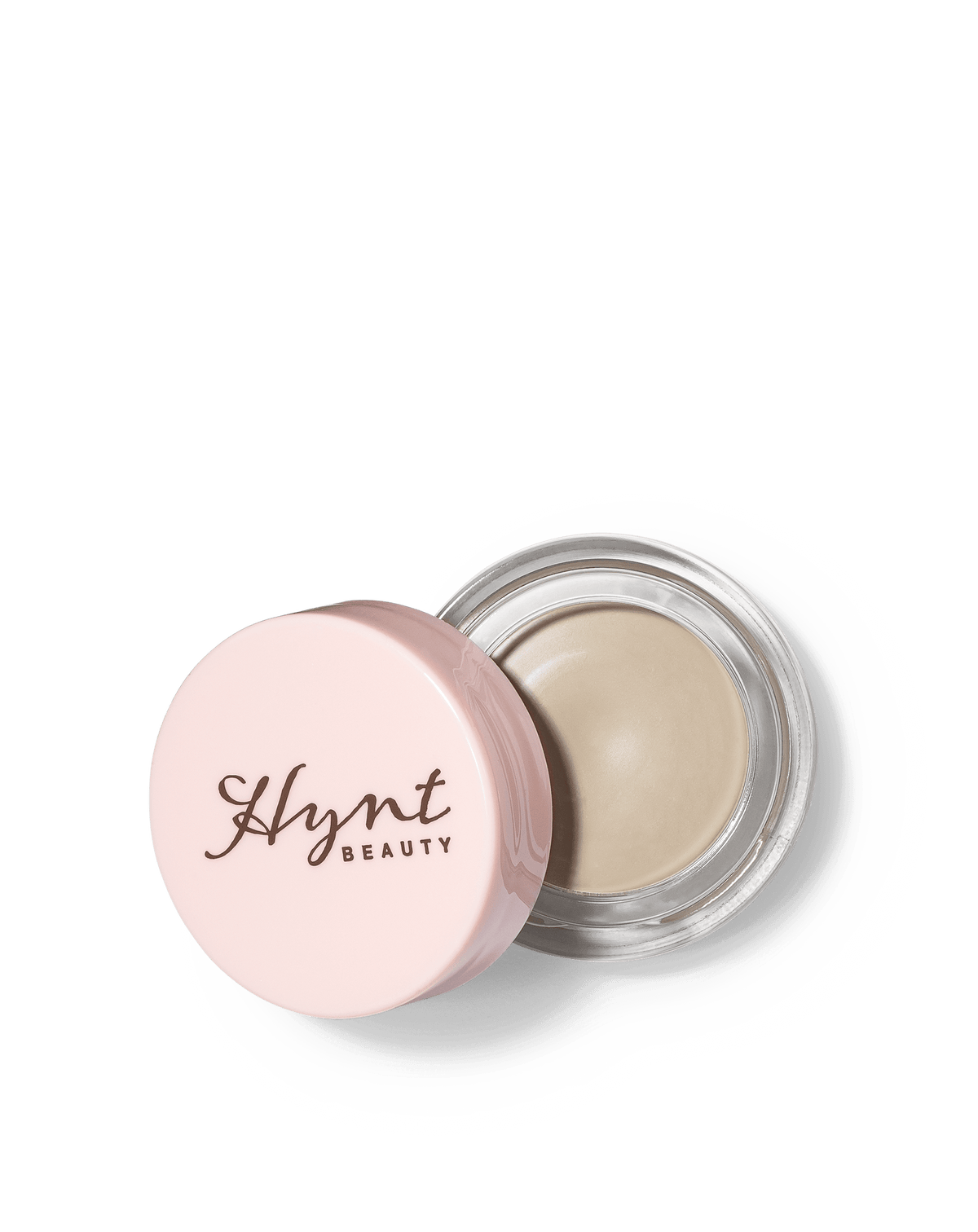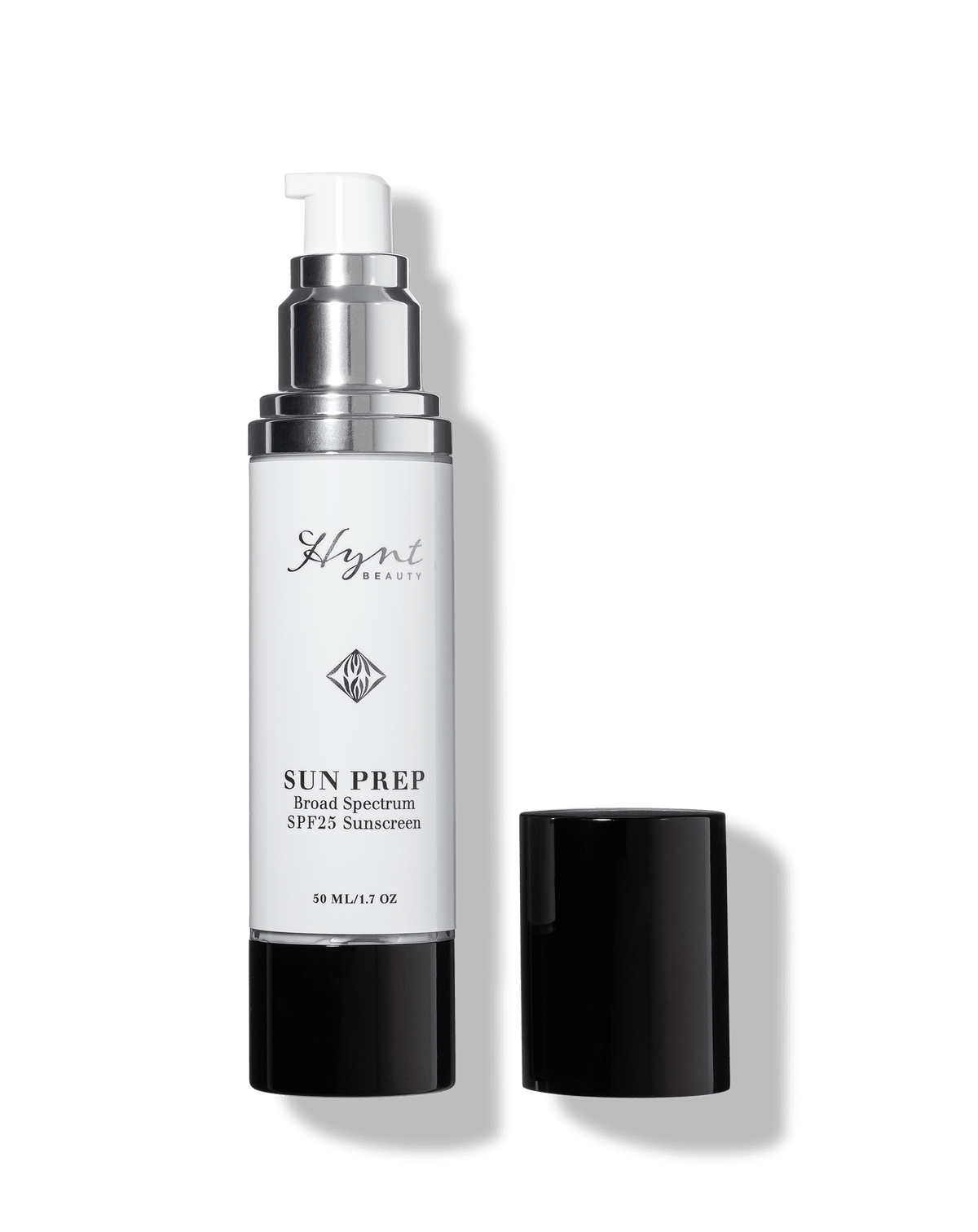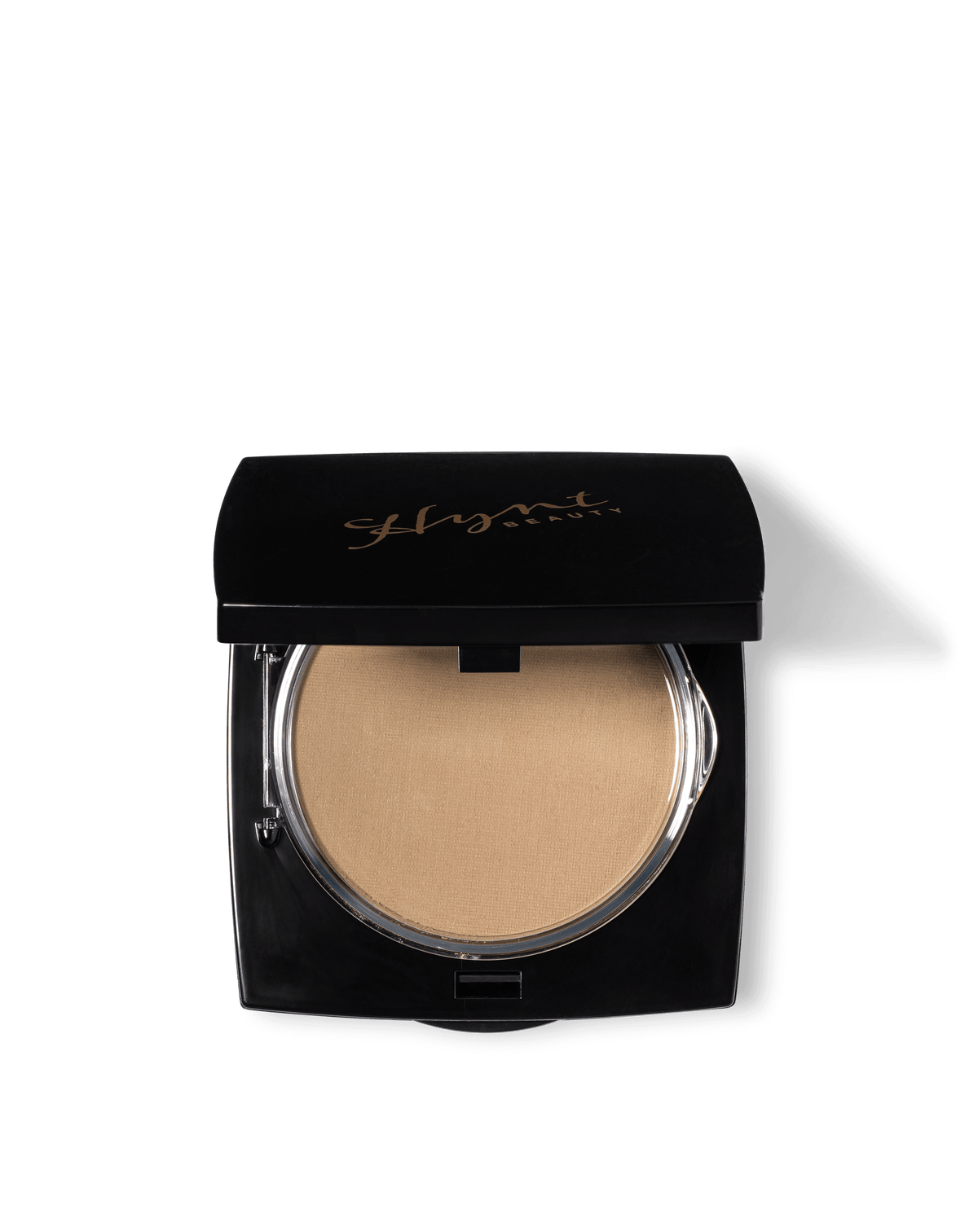Vitamin C and Sunscreen: Why You Need Both
While separately vitamin C and SPF offer great benefits for your skin, you should start using them together. Vitamin C and sunscreen will give your skin the best defense from UVA and UVB rays, free radicals, and other environmental toxins.
We’ll tell you all about vitamin C and SPF and how they protect your skin. We’ll also tell you why you should combine them in your routine for the best skin protection.

What is Vitamin C?
Vitamin C is a powerful antioxidant that help protect your body against free radicals. It helps defend your skin and aids in your body’s healing process. Since our bodies don't produce Vitamin C naturally, we receive it from the foods we eat (mainly fruits and vegetables).
Topical vitamin C can also be beneficial for reducing wrinkle appearance, brightening your complexion, and may help protect against sun exposure.
Does Vitamin C Provide Sun Protection?
Due to its antioxidant properties, vitamin C can help protect against UVA and UVB damage. Vitamin C alone does not block UVA or UVB rays, but because of its defensive ability against free radicals, it can help mitigate sun damage. For the best sun protection, combining vitamin C and SPF is best.

How Does SPF Work?
SPF either absorbs or reflects UV rays from penetrating and damaging your skin. Whether it absorbs or reflects sunlight depends on the type of SPF you use, which is either chemical SPF or physical SPF.
Chemical SPF absorbs UV light and then releases it from the body as a form of heat. Physical SPF, usually made with zinc oxide or titanium dioxide, reflects sunlight off your skin, preventing UV ray damage.
What SPF Is Best?
When looking for a sunscreen, seek out a broad spectrum SPF, as these types defend against both UVA and UVB light. Some sunscreens only protect against UVB rays.
Another thing to always pay attention to is the SPF number, which determines how much sunlight will pass through your skin. For example, an SPF of 30 allows 3% of the sun’s rays to penetrate your skin. Here’s an easier way to think of it – the number represents approximately how many minutes it will take for you to get a sunburn. For example, an SPF of 30 will defend your skin against sunlight for about 30 minutes.

Should you use Vitamin C with SPF?
Vitamin C and SPF together will offer your skin the best sun protection. Even though vitamin C cannot absorb or reflect UVA or UVB rays on its own, its antioxidant properties can help defend against UVA and UVB-related damage. Studies show that vitamin C combined with a sunscreen designed to combat UVB rays may help fortify your skin’s ability to defend against UVB rays and help prevent sunburns.

Vitamin C or Sunscreen First?
We recommend applying vitamin C before your SPF to allow the vitamin C to deeply penetrate your skin. Doing so helps defend your skin against free radicals and environmental aggressors all day long. If you apply SPF before vitamin C, the vitamin C may not absorb into your skin as effectively.
Another reason to use vitamin C before SPF – SPF is not designed for all-day protection, meaning you will have to reapply throughout the day for maximum defense.

Our Vitamin C Ester Brightening Serum is a lightweight vitamin C serum that’s perfect for all-day wear. Unlike other vitamin C serums, we formulate with Tetrahexyldecyl Ascorbate, which is 50x more potent than other forms of Vitamin C. Pair it with our Sun Prep Broad Spectrum SPF25 for the best protection against UVA and UVB rays.
– – –
Do you use vitamin C and SPF together? Tell us in the comments below!




0 comments